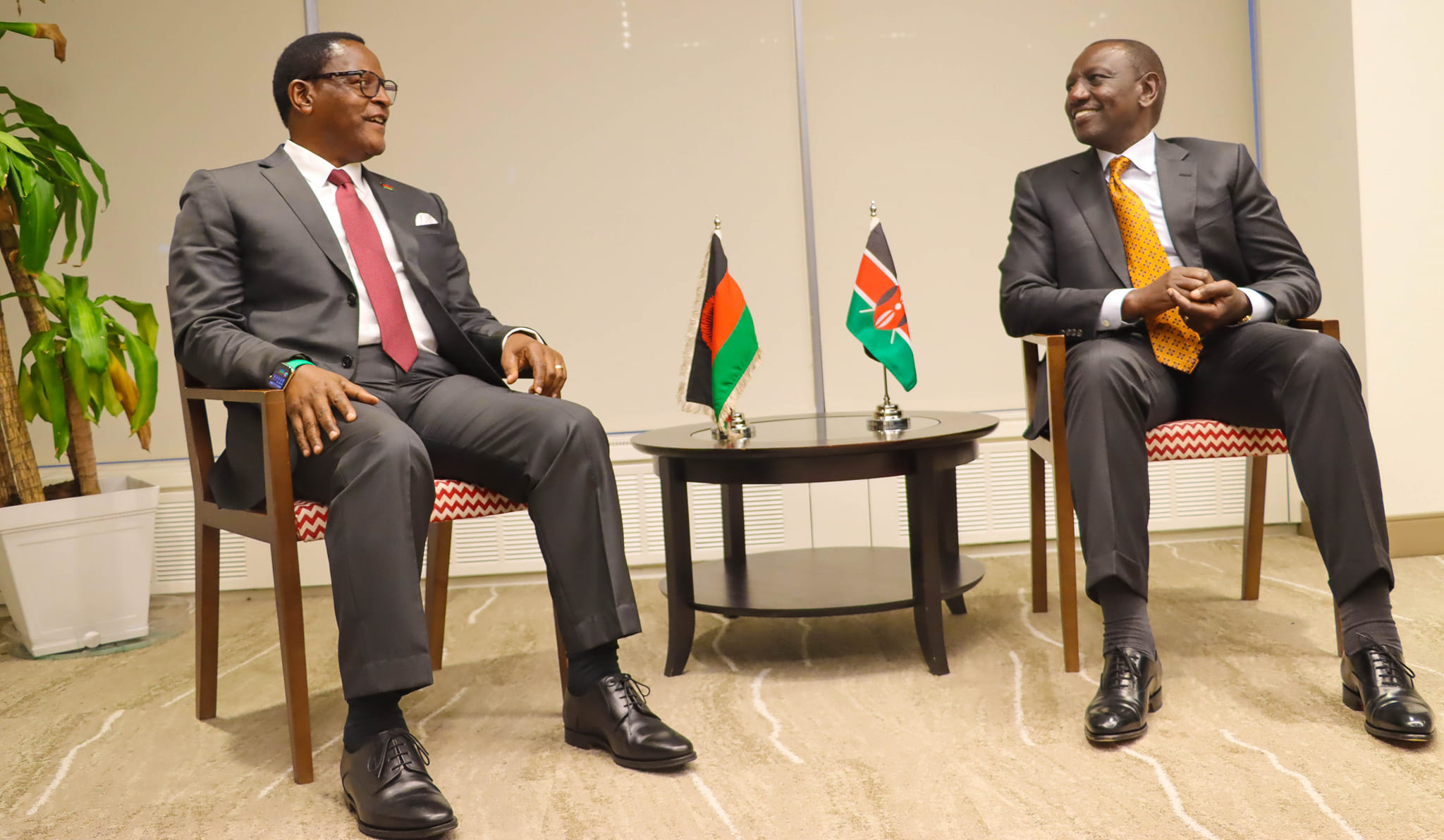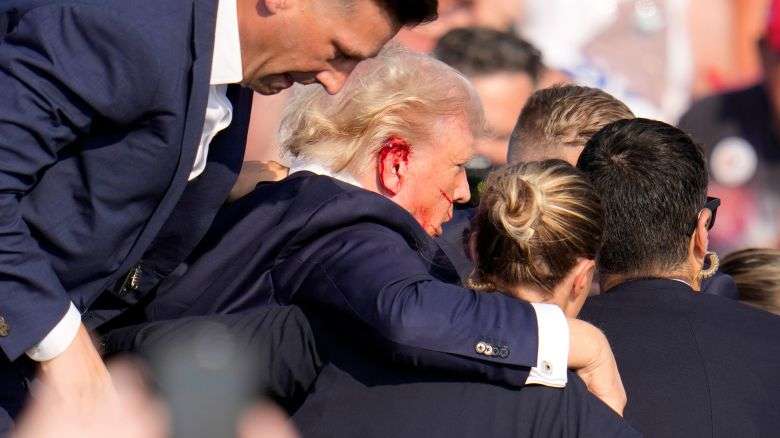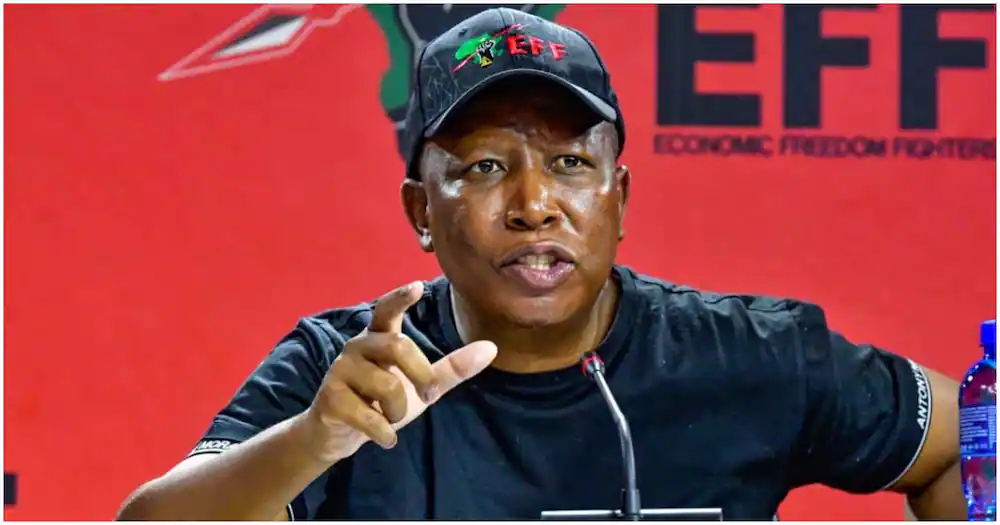The deal will enable Malawi to import bulk refined petroleum products for the next five years, coming at a time when the country is facing a severe fuel crisis. While many Malawians are optimistic that the agreement will help ease the ongoing energy shortages, there is widespread concern over the exclusion of energy experts, the public, and other key stakeholders from the decision-making process
The recent Government-to-Government (G-to-G) oil import deal signed between Malawi and Kenya has sparked questions and concerns in Malawi, primarily due to the lack of transparency surrounding its execution. Similar to the previous G-to-G deal between Kenya, Saudi Arabia, and the UAE, which was also clouded in secrecy despite claims that it was meant to stabilize the Kenyan Shilling, analysts in Malawi are now questioning why key stakeholders were kept in the dark during the negotiations.
The deal, which will allow Malawi to import bulk refined petroleum products for the next five years, comes at a time when the country is grappling with a severe fuel crisis. While many Malawians are hopeful that the deal will help alleviate the energy shortages, there is widespread discontent over the exclusion of energy experts, the public, and other key players from the decision-making process. Analysts argue that transparency and inclusivity should be central to any negotiations and agreements of this magnitude.
Even senior officials from Malawi’s Ministry of Energy, the National Oil Company of Malawi, and the Malawi Energy Regulatory Authority were not involved in the talks, which were held between Kenyan President William Ruto and Malawian President Lazarus Chakwera on the sidelines of the United Nations General Assembly in New York in September.
On November 7, Kenya’s Energy and Petroleum Cabinet Secretary, Opiyo Wandayi, signed a Memorandum of Understanding (MoU) with the two governments. Wandayi represented Kenya, while Malawi’s Minister for Energy, Ibrahim Matola, signed on behalf of Malawi. According to the Energy Ministry’s statement, the MoU aims to strengthen the petroleum sectors of both countries and ensure a stable supply of refined petroleum products, which would contribute to economic prosperity for both Kenya and Malawi. The agreement will remain valid for five years, or until terminated by either party in accordance with its terms.
However, in Malawi, there are growing fears that the lack of involvement from key players in the energy sector could result in inefficiencies, miscommunications, and an erosion of public trust. A recent analysis published by Nyasa Times expressed concern that such a lack of transparency could lead to policy missteps that may hurt the country in the long run.
The secrecy surrounding the G-to-G deal between Kenya and Malawi also echoes the controversy that arose from Kenya’s previous oil import agreement with Saudi Arabia and the UAE. At the height of the G-to-G saga last year, ODM leader Raila Odinga, who has since reconciled with President Ruto, described the deal as a “scam” and demanded full disclosure and accountability, accusing it of being “corrupt and rotten to the core.”
Despite months of defending the deal, the Kenyan government acknowledged that it had not been properly executed and indicated that some aspects would be renegotiated. Even the International Monetary Fund (IMF) raised concerns about the deal’s sustainability. Initially scheduled for termination in June this year, the deal was extended due to liquidity issues.
As Malawi embarks on this new G-to-G oil agreement with Kenya, the ongoing calls for greater transparency and inclusivity in the negotiations reflect broader concerns about the long-term impact of such agreements on both nations.





